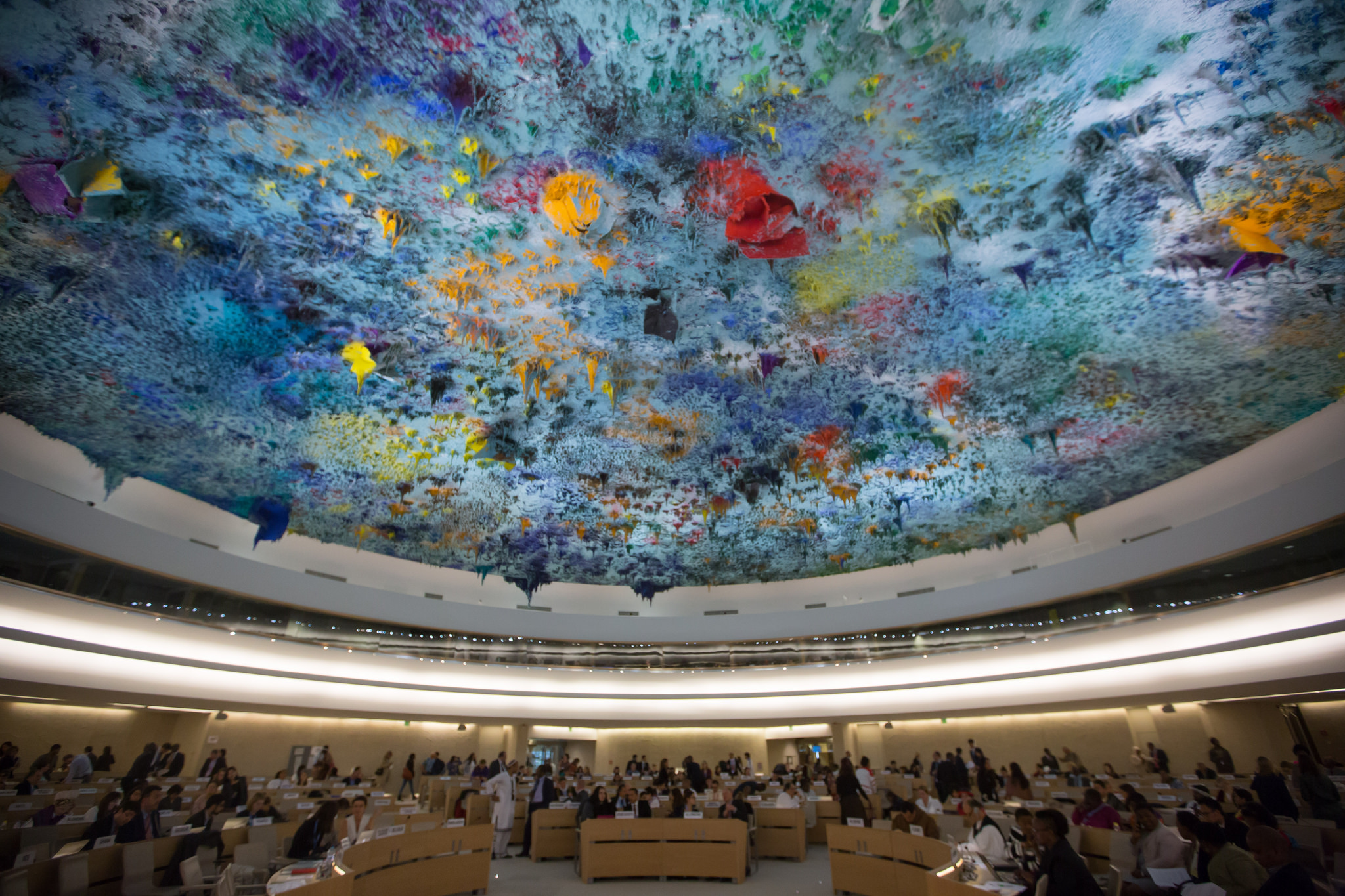
Brussels, Paris, 29 March 2018 – In a joint report submitted today for the third Universal Periodic Review (UPR) of China, FIDH (International Federation for Human Rights) and the International Campaign for Tibet (ICT) documented a dramatic deterioration of the human rights situation in Tibet. The joint FIDH-ICT report also offers a set of concrete recommendations that United Nations (UN) member states should make during the third UPR of China, which is scheduled to be held in November 2018 in Geneva, Switzerland.
“China’s relentless attacks on the fundamental rights, identity, and culture of the Tibetan people have intensified under President Xi Jinping. The impact of these attacks is sadly manifested in the number of self-immolations of Tibetans that has reached 150 since 2009. It is imperative that China proves it is a responsible global leader and adheres to its human rights obligations with regard to Tibet,” said ICT President Matteo Mecacci.
“Amid ongoing human rights violations across China, Tibetans have been singled out because they belong to an ethnic and religious minority. UN member states must use the upcoming UPR of China to demand that Beijing respect the human rights of the Tibetan people.,” said FIDH Vice-President Guissou Jahangiri.
The report outlines a markedly worsening situation with regard to civil and political rights as well as economic, social, and cultural rights of the Tibetan people. It details in particular:
- A hyper securitization of the Tibetan plateau, reflected by the adoption and implementation of security measures aimed at criminalizing any acts of non-violent dissent or criticism of state policies. This has had serious consequences for the Tibetan people’s rights to freedom of expression, freedom of peaceful assembly, and freedom of religion or belief.
- The creation of an extremely repressive environment, in which there are no limits to state authority, the climate of fear is pervasive, and every aspect of public and private life is tightly controlled and regulated.
- A systematic and widespread use of arbitrary detention, torture, and ill-treatment, as a result of a harsher approach to suppressing dissent and a culture of impunity among officials, paramilitary troops, and security personnel.
- Increasing interference and controls over religion, illustrated, in particular, by the Chinese government’s crackdown on the Tibetan Buddhist Institute of Larung Gar.
- Recurrent violations of Tibetan’s economic, social, and cultural rights, including those of Tibetan nomads, in the name of environmental protection and development.
The report also documents a number of high-profile cases of political prisoners, such as Tenzin Delek Rinpoche, a prominent and highly respected Tibetan lama who died in custody in July 2015 amid allegations of torture, and Tashi Wangchuk, a Tibetan language rights advocate detained on baseless charges of ‘inciting separatism.’
The report makes numerous recommendations to the government of China, including to immediately ratify the International Covenant on Civil and Political rights (ICCPR) and to grant UN Special Procedures that have requested a country visit unfettered access to Tibet.
Read the full joint FIDH-ICT submission here.
Press contacts
- ICT: Mr. Vincent Metten, EU Policy Director – vincent.metten@savetibet.eu; +32 26094410 (Brussels)
- FIDH: Mr. Andrea Giorgetta, Director of Asia Desk – ag@fidh.org; +66 886117722 (Bangkok)
- FIDH: Ms. Audrey Couprie, Press Officer – press@fidh.org; +33 143552518 (Paris)